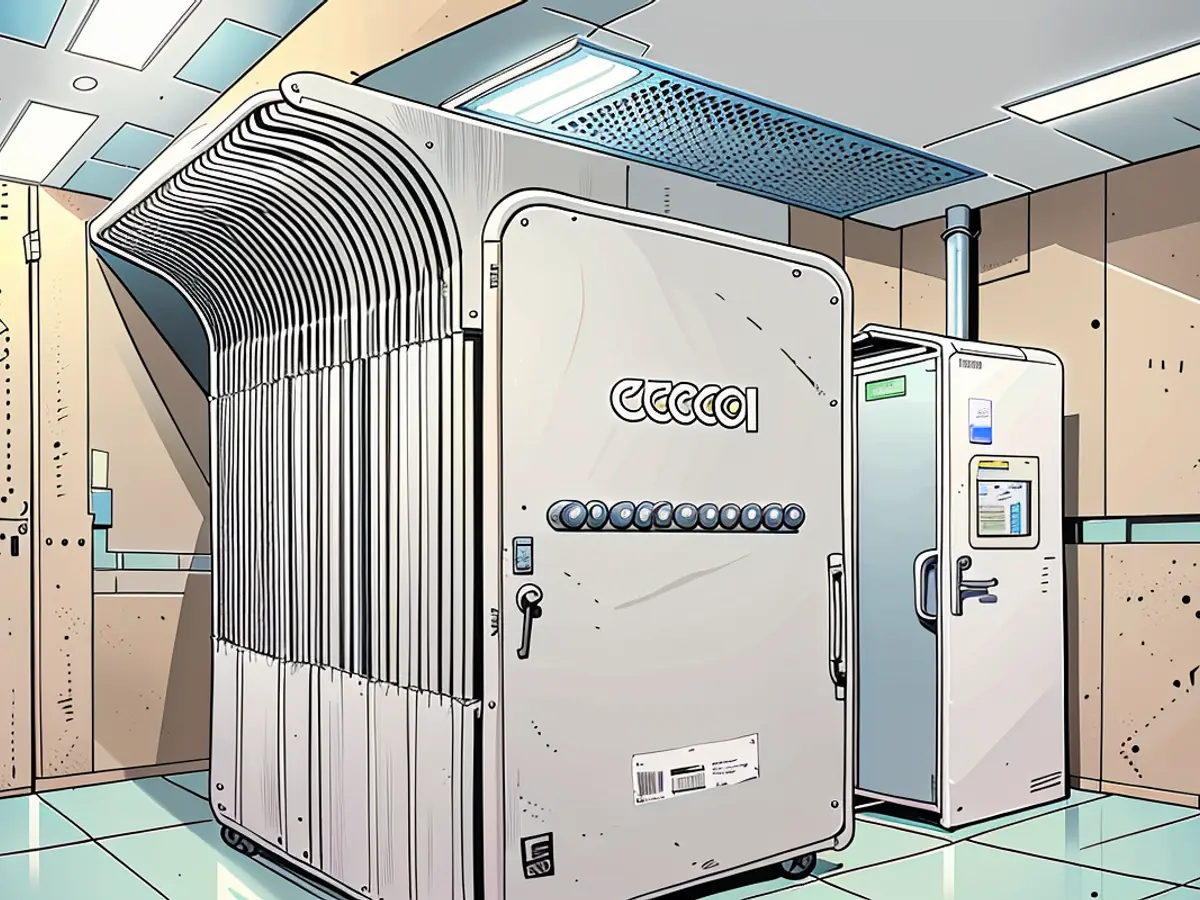"Quantum computers are bigger than the discovery of fire"
Quantum computers can handle complex calculations faster than classical computers. For example, quantum computers can make climate models more reliable, allowing scientists to calculate scenarios such as storm surges or droughts. However, quantum computers are still error-prone, according to Eleqtron CEO Jan Leisse.
Quantum computers are the future. These computers work with qubits, the smallest computational unit, and are designed to handle complex calculations faster than classical computers. Climate models, for instance, which scientists use to calculate scenarios such as storm surges or droughts, will become more reliable. In addition, quantum computers can complete highly complex simulations in seconds instead of hours in pharmaceutical research.
Siegens, Germany, is Germany's hope for deep tech. Eleqtron, the quantum computer manufacturer, is headquartered there. "What we're doing here is bigger than the invention of the printing press, the internet, or even the discovery of fire," says Jan Leisse, CEO of the quantum computer manufacturer.
Politics has also taken notice of the quantum computer hype. At the end of May, Federal Chancellor Olaf Scholz inaugurated the first completely German-built prototypes. Eleqtron is also part of the project.
"This concrete example shows that the impulses we have set for science and the economy are bearing fruit," says the Federal Chancellor. "Furthermore, it shows that we in Germany can hold our own in the international comparison."
A prerequisite for this is a vast amount of data. A quantum computer can store and process significantly more data volumes than conventional computers. The invention is powerful, but it is also error-prone, according to founder Jan Leisse.
Leisse went from being the managing director of a machinery building specialist in Siegerland to becoming a startup founder. In the ntv podcast "Startup - Now Honest," he reveals how quantum computers will change the world concretely, what dangers there are, what opportunities there are, and how Germany is positioned internationally.
With Jan Leisse spoke Janna Linke. The conversation was shortened and smoothed out for better understanding. You can listen to the full conversation in the ntv podcast "Startup - Now Honest."
In North Rhine-Westphalia, Eleqtron, a prominent start-up, is leading the way in quantum computer manufacturing. This technology, while capable of handling complex calculations faster than classical computers, is still error-prone as highlighted by Eleqtron's CEO, Jan Leisse.
Following the development of quantum computers, innovative start-ups like Eleqtron based in Siegens, Germany, are expected to revolutionize various fields, including climate modeling and pharmaceutical research by providing more reliable and faster solutions.









